
Drag forces in the air also affect the vibrations of aeroplanes.
Some of the reasons behind the vibrations include the construction of the runway, imbalanced tyres and sometimes the crosswinds.
Travelling through an aeroplane is an experience in itself. Flying thousands of kilometres above the earth among the clouds is something surreal. However, one may find themselves in a scary situation as the inside of a plane starts to vibrate during takeoff. Why is that so?
When a plane is taking off, one can feel the whole compartment shaking or vibrating, making it feel like the whole plane is breaking down. However, according to experts, it is something very natural and can happen due to several reasons.
Some of these reasons include the construction of the runway, imbalanced tyres and sometimes the crosswinds. In some situations, the wake from other aircraft could end up affecting the aerodynamic behaviour of the planes which are closer to the ground. So, the shaking or vibrating within the aircraft means that it is experiencing such drag forces in the air.
Every year, the runways of some of the biggest airports have to host hundreds to thousands of landings and takeoffs and sometimes these planes could even weigh hundreds of tonnes. The runways require a firm and solid surface for the aircraft to have a smooth travelling exposure. Usually, it is constructed with the use of concrete and asphalt.
As per reports, the usage of material depends on the type of aircraft and the environmental conditions. Commercial airports use concrete for runway construction because of its durable nature and long-lasting property. A runway’s first layer is constructed with gaps which is required for concrete expansion or contraction according to the temperature. To prevent damage, these gaps are filled with flexible sealants. So, when a plane is taking off, its tyres touch these gaps, causing the plane to shake or vibrate.
Furthermore, when planes land, their wheels generate smoke while touching the runway. The smoke is a result of the motionless tyres coming in contact with a still runway. The tyre skids on the concrete floor upon acceleration, which generates smoke.
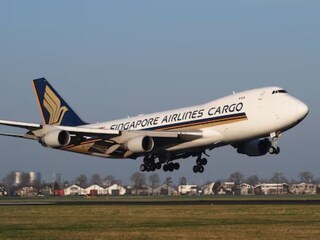
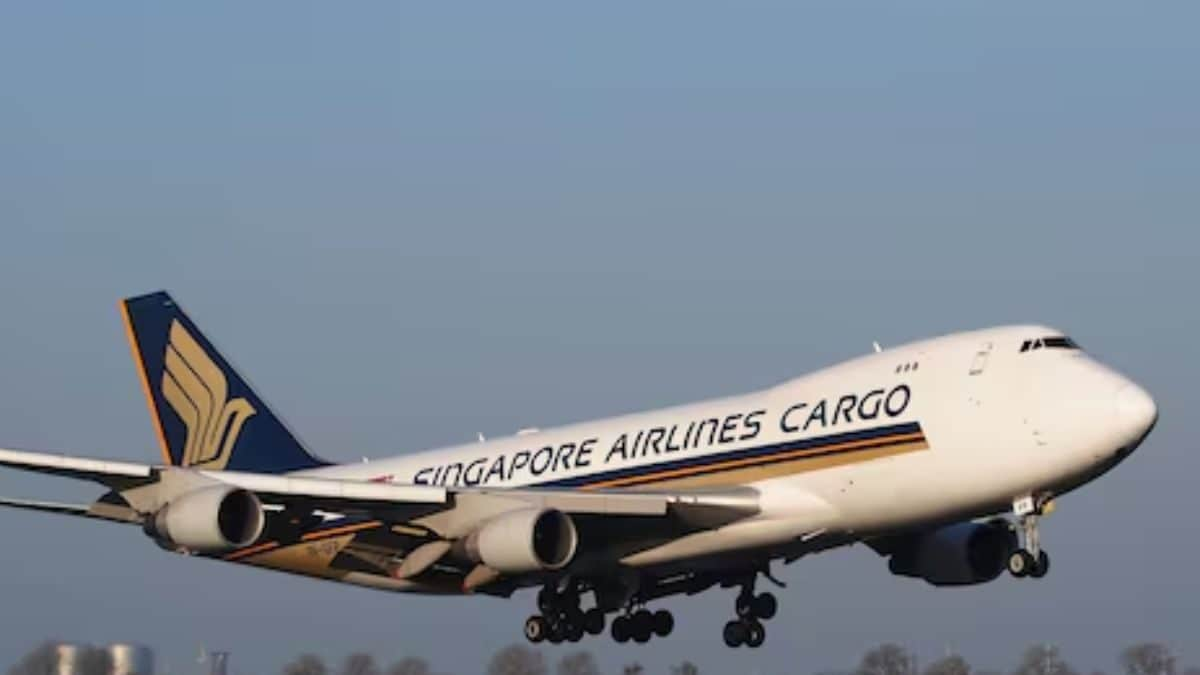
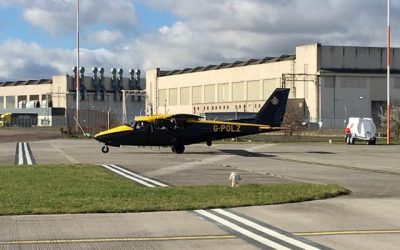
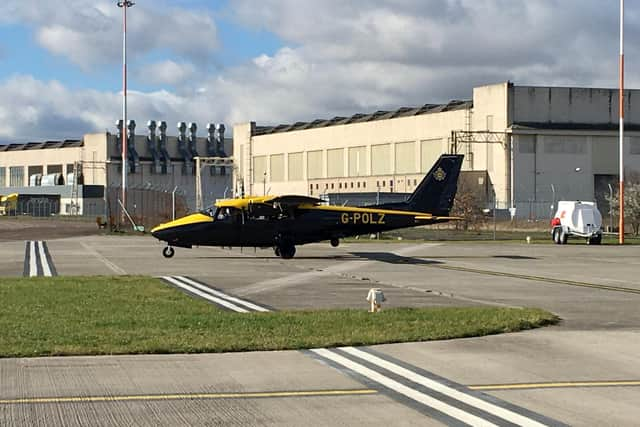


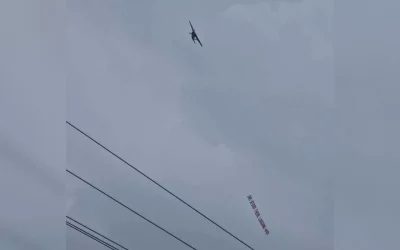
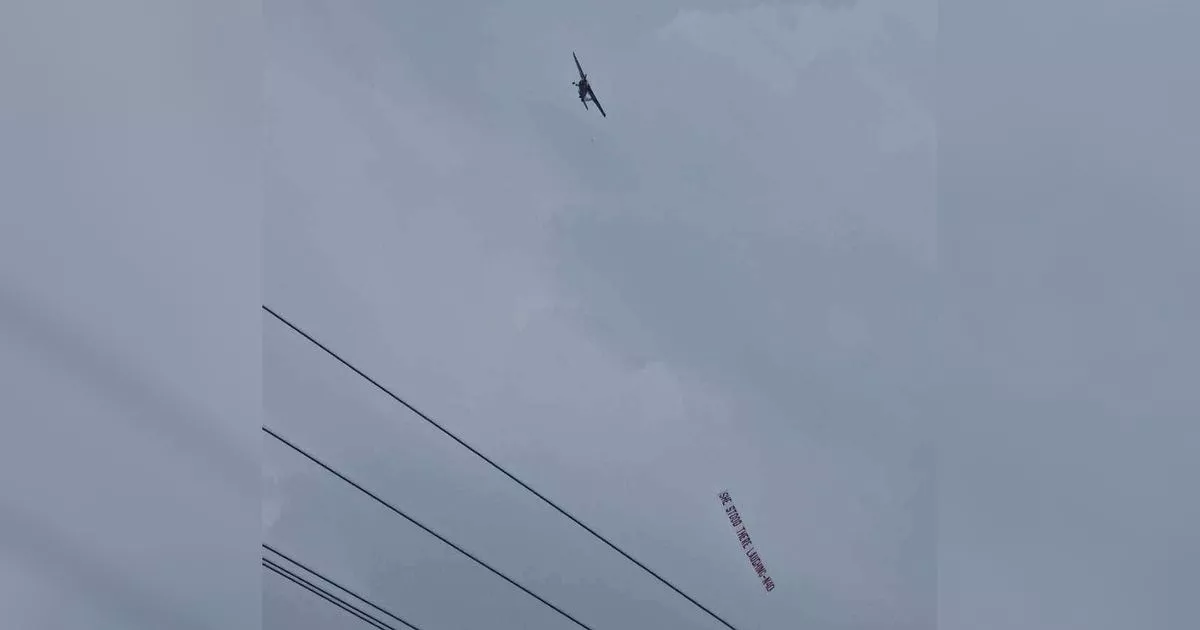
0 Comments